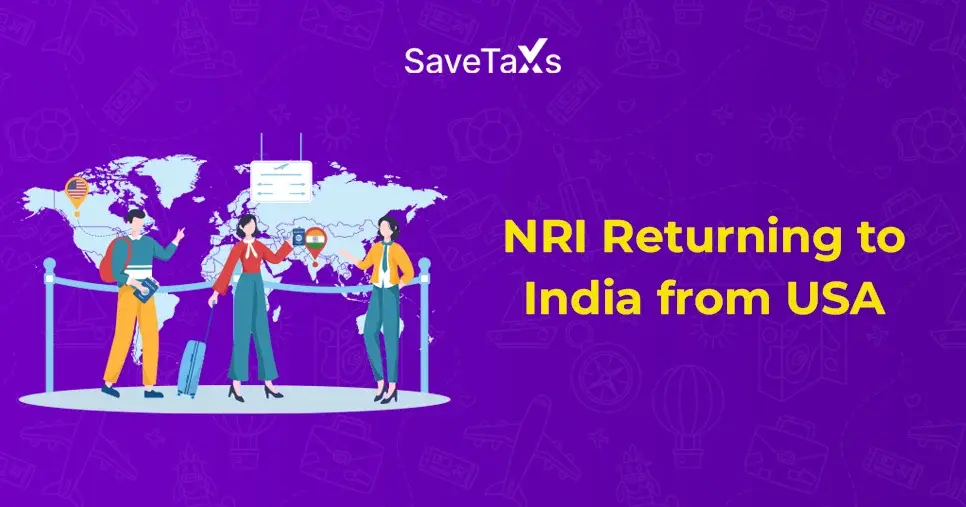According to the Ministry of External Affairs, over 15.85 million Non-Resident Indians (NRIs) reside outside India. NRIs have been living abroad, contributing to the economy of their home country while also supporting India's growth and development through remittances. However, managing finances across borders can be a challenge; hence, this guide will help you understand all you need to know about NRO to NRE transfers in simple, step-by-step instructions.
What is an NRO Account?
An NRO Account, also known as a Non-Resident Ordinary (NRO) Account, helps you manage your income earned in India, including dividends, rents, income generated from investments, property sales, and more. NRO accounts earn income to be received in any currency, whether Indian or foreign, but you can only withdraw Indian rupees.
The money in NRI accounts is associated with either profits or income generated in India, and therefore, it is not freely transferable to other countries. Moreover, the interest an NRI earns on their NRO account is subject to taxation.
What is an NRE Account?
An NRE Account, also known as a Non-Resident External Account, is a type of account. Indian banks offer this type of account to non-resident Indians NRIS to help manage their foreign income. An NRE account enables NRIs to deposit their foreign income and enjoy tax exemption on it, as the interest earned on an NRE account is not subject to tax. Additionally, an NRI can easily transfer funds from the NRE account and the interest back to their bank account in the country of residence without any restrictions.
The NRE account can be opened individually or jointly with another NRI, and NRIs can also invest in mutual funds online using their NRE account.
Features of a Non-Resident External (NRE) Account
- NRIs can easily deposit their foreign currency into this Account in India.
- An NRE account allows for the free repatriation of funds and interest.
- No tax on the interest earned within the NRE account.
Why Do NRIs Want to Transfer From NRO to NRE?
Below are the reasons why an NRI might consider transferring funds from an NRO account to an NRE account:
- You want to convert the income earned in India into another currency to meet the expenses or make investments abroad.
- An NRE account allows flexibility in the repatriation of funds, while an NRO account is maintained solely to collect Indian income.
- If an NRI wants to access funds in a currency other than Indian Rupees, transferring funds from an NRO account to an NRE account is the best option available.
- An NRE account allows you to invest in the Indian market, similar to mutual funds, with greater ease.
Other Benefits of an NRE Account Include:
- No limitations on Transferring Funds: The Foreign Exchange Management Act (FEMA) does not impose a maximum cap on transferring funds from an NRE account, as the funds deposited in an NRE account are earned outside India and are therefore freely repatriable.
- Tax Exemptions: The principal amount deposited in an NRE account is exempt from tax. Additionally, there is no gift tax, wealth tax, or tax on income earned in India.
- Easy Transfer: An NRI can securely and seamlessly transfer their funds globally through the mobile banking services and the internet.
Process to Transfer Money From an NRO Account to an NRE Account
With a few easy steps and documentation, an NRI can easily transfer the funds from their NRO account to an NRE Account.
- Collect all the Required Documents: Before initiating the fund transfer process, gather all necessary documents.
- A signed cheque to authorize the transfer of funds.
- The bank provided the FEMA declaration.
- Proof of source of funds, such as rent receipts, salary statements, and investment statements.
- A copy of the completed Form 15 CA
- Form 15 CB if needed
- Transfer Through Bank: NRIs can either fill out and submit the request form for bank transfer of funds or provide a signed cheque to the bank.
- Provide Documents: NRIs need to now submit the FEMA declaration and proof of documents for the course of funds.
- Declare Tax Compliance: NRIs are required to file Form 15CA to demonstrate that they have paid their taxes. As per FEMA provisions, it is necessary to clear all taxes before transferring funds from an NRO account to an NRE account.
Here are the Steps to File Form 15 CA:
Step 1: Visit the official website of the Income Tax Department of India.
Step 2: Log in via your User ID, which is your PAN, and password.
Step 3: After logging in successfully, go to the "E-file- Prepare and Submit Online Form (Other than ITR)' option.
Step 4: From all the available options, choose Form 15 CA. The form will consist of four sections: Part A, Part B, Part C, and Part D. Please assess each section and complete the ones that are relevant to your situation.
Step 5: Review the form and submit it.
Step 6: Now, take the printout of the form, and get the acknowledgment receipt printout.
Step 7: Sign the printed form and submit it to the bank.
NRIs are advised to seek assistance from the Chartered Accountants (CA) to understand and stay in compliance with the whole process.
Some cases need a Form 15 CB. This is an AC certificate issued by a chartered accountant, which contains information regarding the payment of TDS (tax deducted at source), the applicability of the Double Taxation Avoidance Agreement (DTAA), deductions, and other relevant details.
Bank Verification: Upon filing the required forms, the bank will verify the documents and process your transaction.
How Can Savetaxs Help NRIs
Transferring funds from an NRO account to an NRE account involves several steps, but a small error or mistake can lead to the rejection of your application for transferring funds. However, if done with the guidance of an expert, the probability of error approaches 0.
We at Savetaxs have been helping NRIs to transfer funds from their NRO account to an NRE account with the help of expert guidance from a CA. Our team of experts brings a combined experience of over 30 years to the table, and we have been helping NRIs transfer funds for decades.
Our experts will fill out the application form on your behalf, keeping you informed, verify the documents, and ensure everything is completed correctly and in accordance with the requirements.
Note: This guide is for information purposes only. The views expressed in this guide are personal and do not constitute the views of Savetaxs. Savetaxs or the author will not be responsible for any direct or indirect loss incurred by the reader for taking any decision based on the information or the contents. It is advisable to consult either a CA, CS, CPA or a professional tax expert from the Savetaxs team, as they are familiar with the current regulations and help you make accurate decisions and maintain accuracy throughout the whole process.

Mr. Ritesh has 20 years of experience in taxation, accounting, business planning, organizational structuring, international trade financing, acquisitions, legal and secretarial services, MIS development, and a host of other areas. Mr Jain is a powerhouse of all things taxation.
- Everything You Need to Know About FCNR (B) Account
- When Does an NRIs NRE Account Lose Tax-Free Status in India?
- PoA For NRIs To Manage Indian Banking Needs
- How To Transfer Money From NRO Account to NRE Account
- Top 5 NRI Banks for NRE account in India for 2026
- Overseas Bank Account for NRIs
- A Guide to NRO (Non-Resident Ordinary) Accounts
- Everything You Need to Know About UPI for NRI
- NEFT, RTGS, IMPS and UPI to Transfer Funds From NRO to NRE Account
- Why Should an NRI Convert Their Resident Savings Account to an NRO Account?
Want to read more? Explore Blogs
Frequently Asked Questions
No matter what your source of income is, we've got you covered. There’s a plan for everybody!
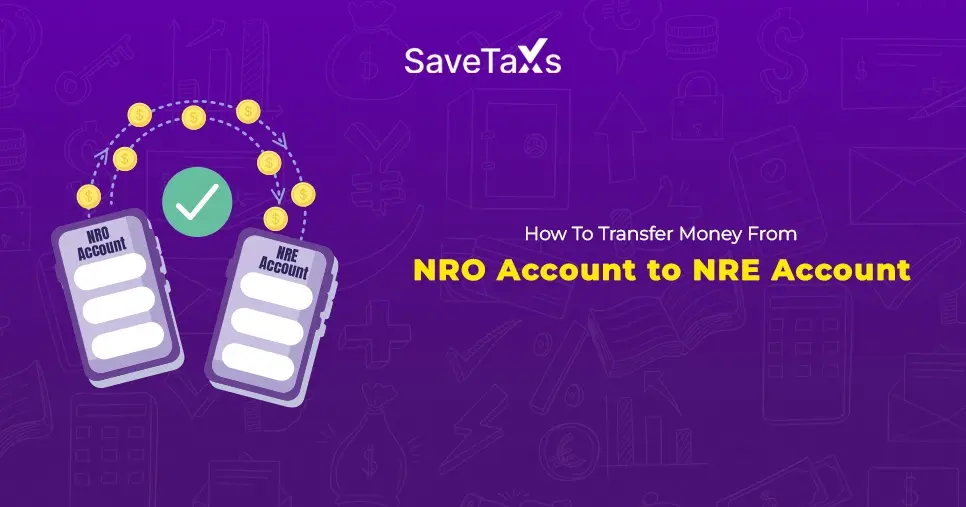
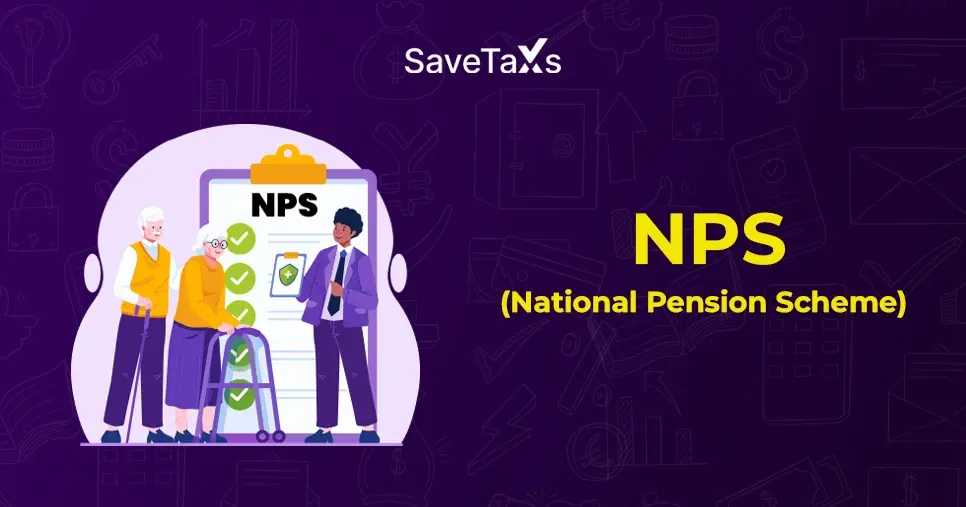
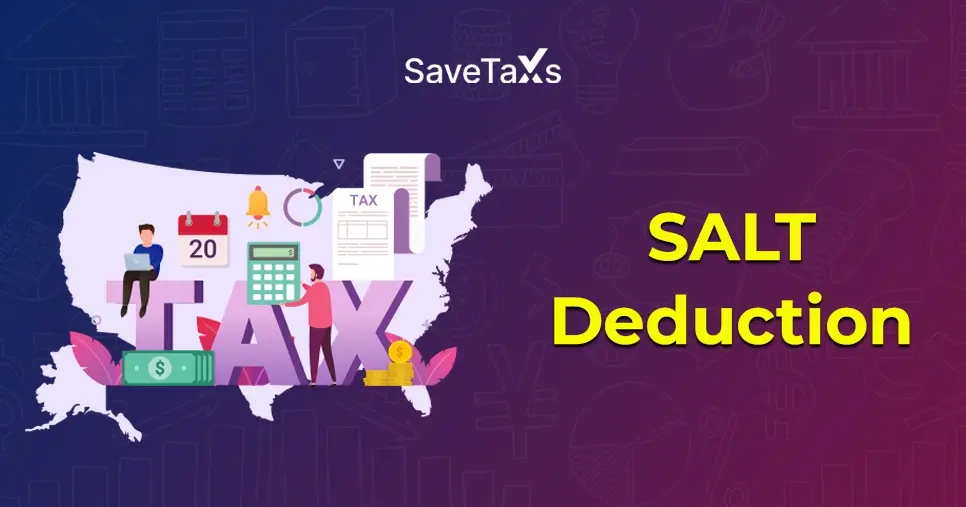
-in-the-USA_1762862398.webp)
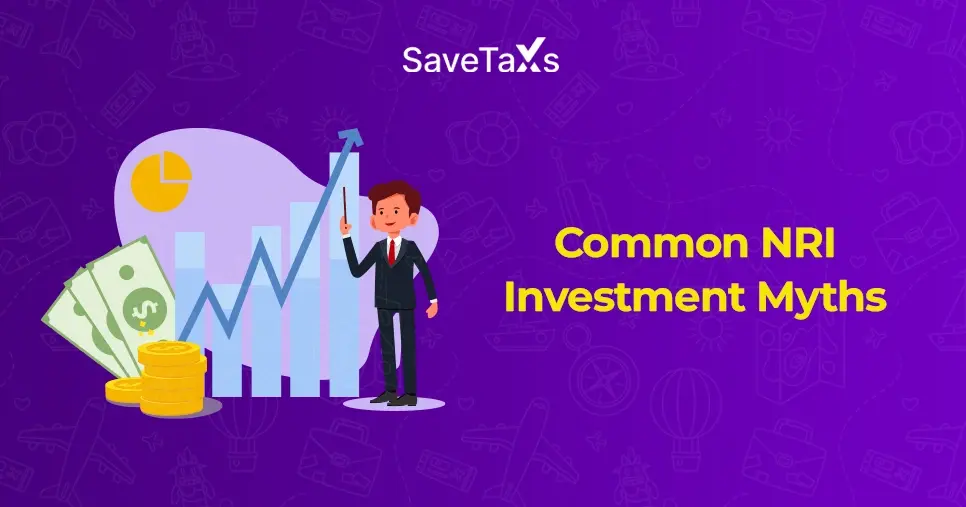
_1768633699.png)
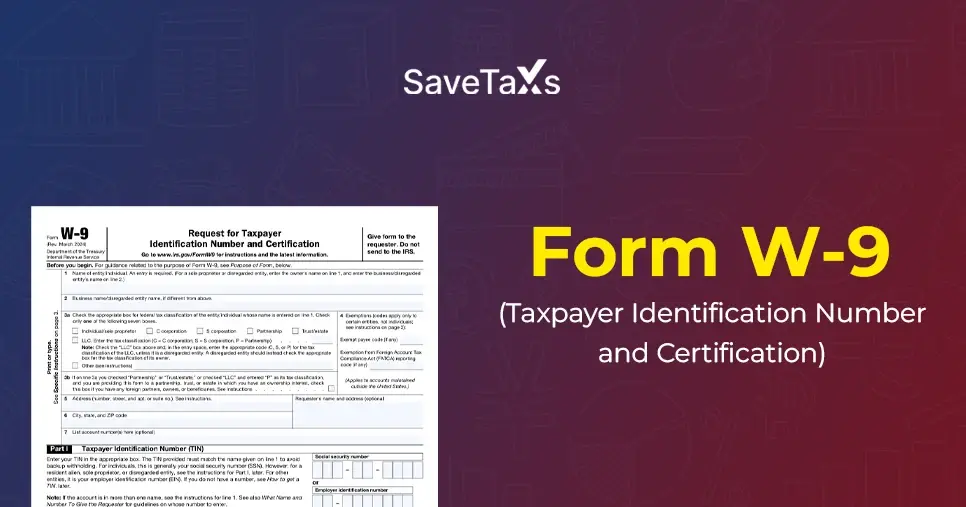
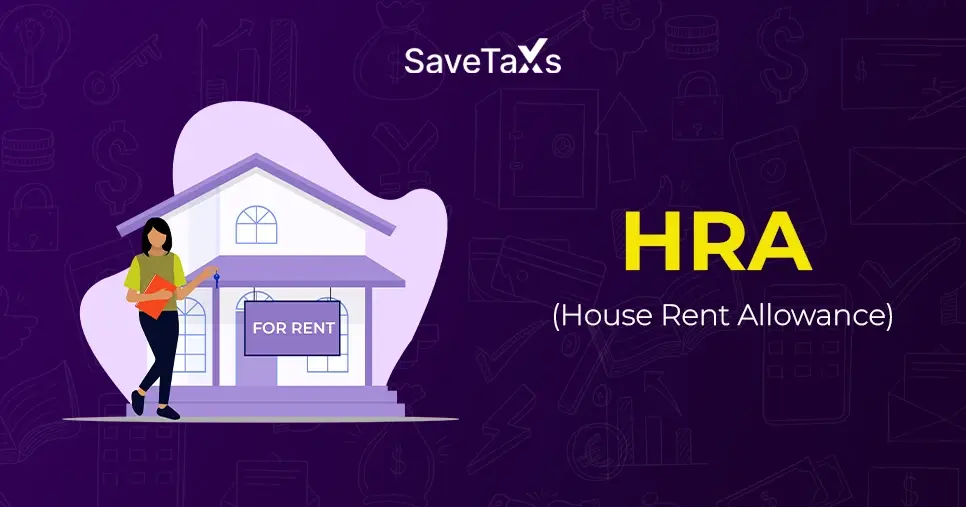
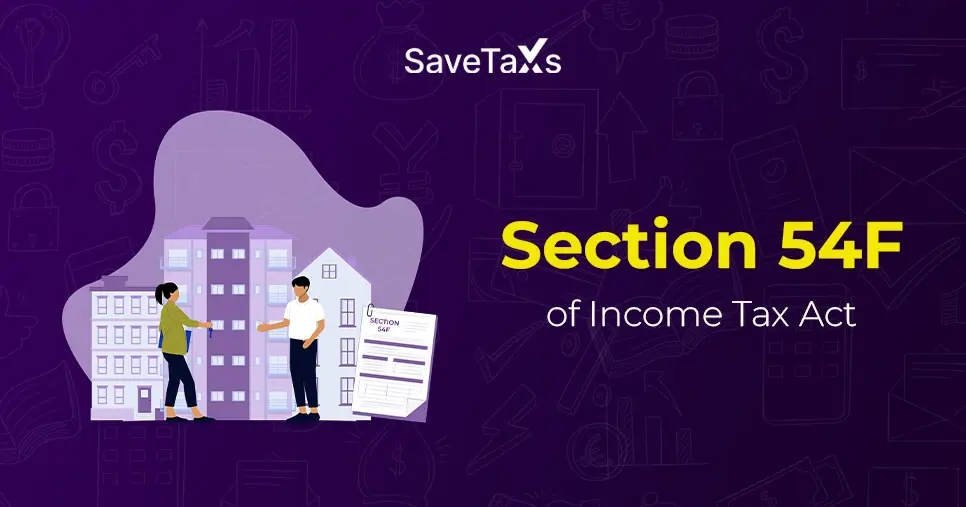

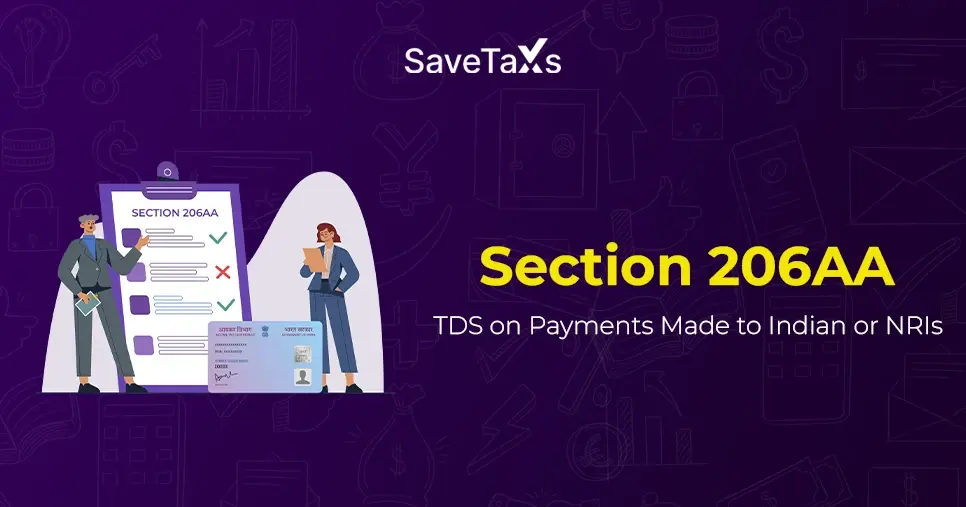
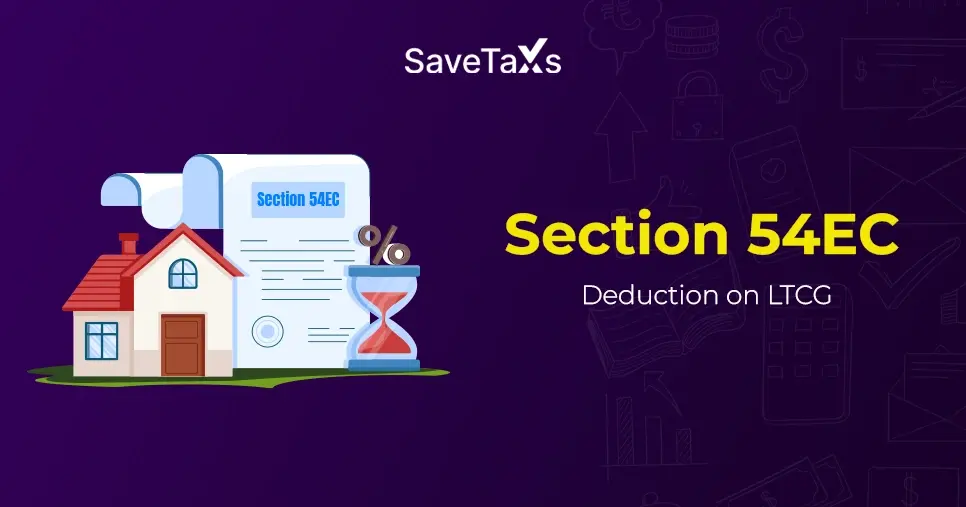
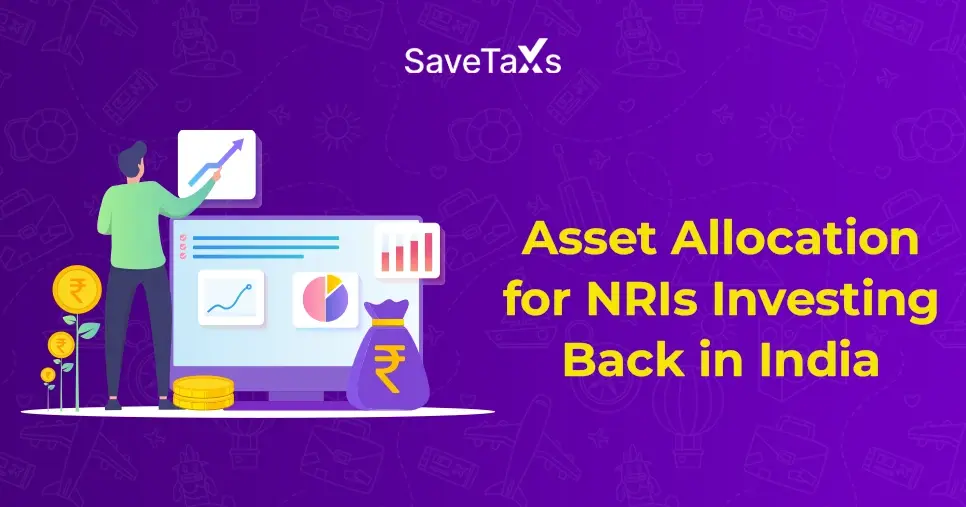
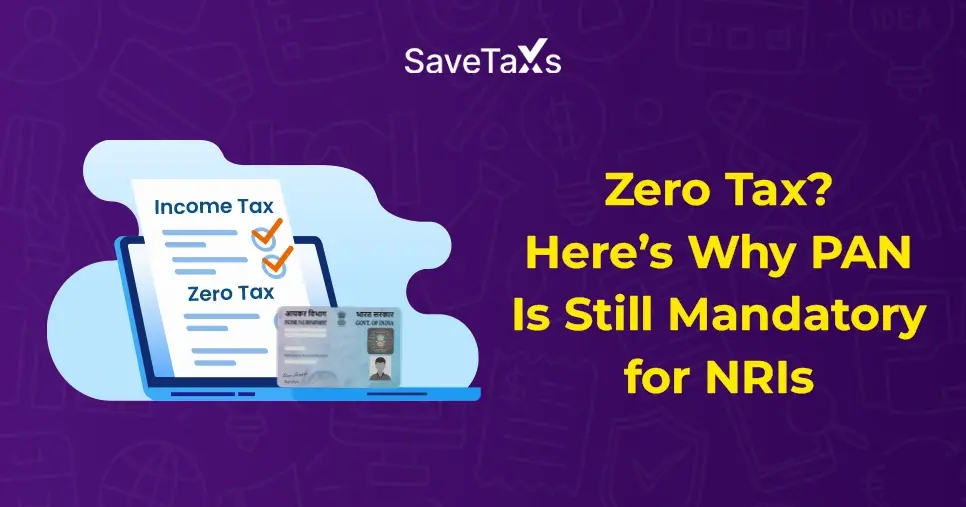
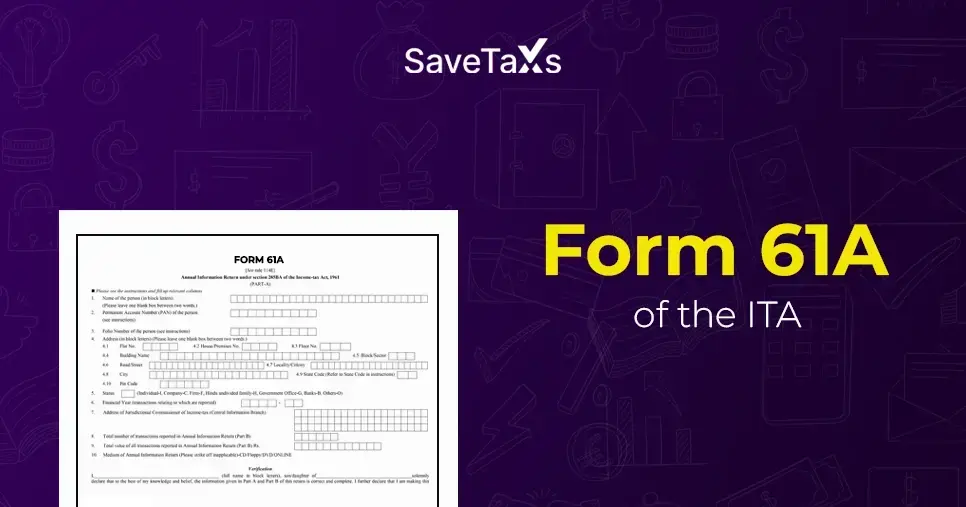

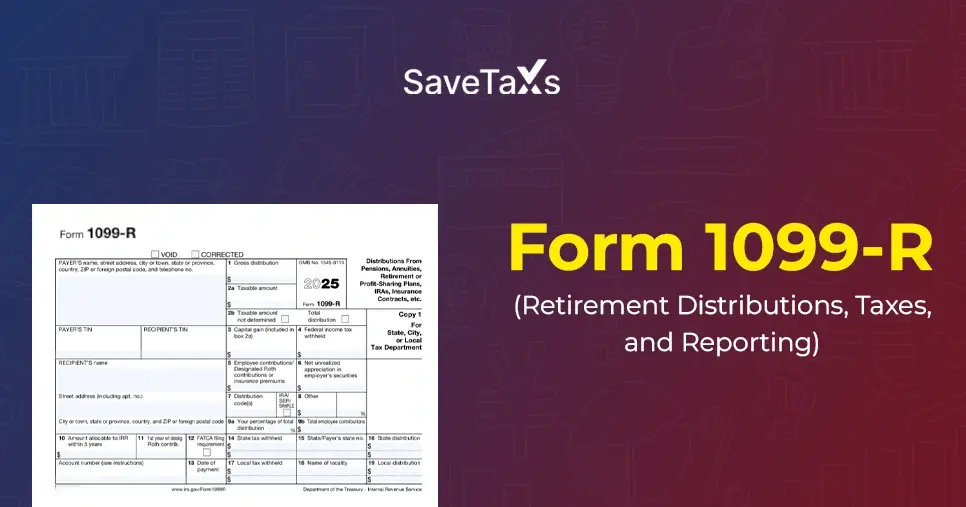
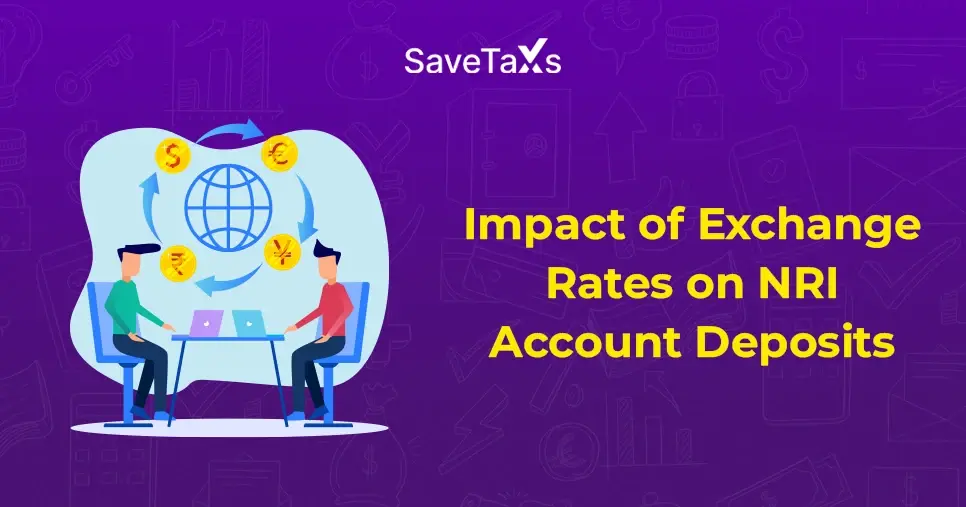
_1768304909.webp)

